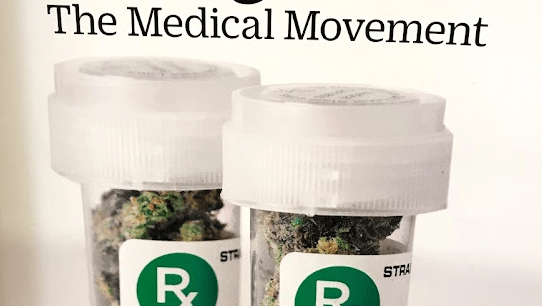Texas remains one of the more restrictive states when it comes to cannabis legalization, but incremental progress has been made in expanding the state’s medicinal cannabis program. This article explores what is currently legal, what remains prohibited, and the implications for patients and businesses.
What Has Been Legalized?
The Compassionate Use Program (CUP)
The cornerstone of Texas’ medicinal cannabis framework is the Compassionate Use Program (CUP), established in 2015 under Senate Bill 339. Over the years, the program has been gradually expanded, allowing more patients to access low-THC cannabis for specific medical conditions. Here’s what the program currently covers:
Qualifying Conditions
The CUP allows registered physicians to prescribe cannabis for conditions such as:
- Epilepsy
- Multiple sclerosis (MS)
- Parkinson’s disease
- Autism spectrum disorder
- Terminal cancer
- Post-traumatic stress disorder (PTSD)
- Chronic pain (added in 2023, with certain restrictions)
Low-THC Products
Under the CUP, medicinal cannabis is defined as products containing no more than 1% THC by weight. This includes:
- Tinctures
- Oils
- Edibles
Licensed Dispensaries
Patients must obtain their cannabis products from one of the state’s licensed dispensaries. There are three licensed entities: Compassionate Cultivation, Fluent, and Goodblend. These dispensaries operate under strict regulations, focusing on ensuring quality and compliance.
What Remains Prohibited?
Recreational Use
Texas has not legalized recreational cannabis. Possession of cannabis for non-medical purposes is still considered a criminal offense:
- Possession under 2 ounces: A Class B misdemeanor, punishable by up to 180 days in jail and a $2,000 fine.
- Possession over 2 ounces: Penalties increase with the quantity, ranging from misdemeanors to felonies.
High-THC Products
The CUP’s cap of 1% THC excludes higher-potency cannabis products commonly available in states with broader legalization. Patients seeking such products often travel to neighboring states like Oklahoma or New Mexico, where cannabis laws are more permissive.
Home Cultivation
Home cultivation of cannabis plants remains illegal in Texas, even for registered medical cannabis patients. All products must be purchased through licensed dispensaries.
Legislative Developments in 2024
Expansion Attempts
In the 2023 legislative session, lawmakers introduced bills aiming to:
- Increase the THC limit beyond 1%.
- Broaden qualifying conditions to include conditions like anxiety and insomnia.
- Decriminalize possession of small amounts of cannabis.
While these bills gained traction in committees, they ultimately did not pass. However, advocacy groups remain optimistic about future reforms, citing growing bipartisan support.
Federal Influence
The potential rescheduling of cannabis at the federal level in 2024 could influence Texas lawmakers to revisit the state’s restrictive approach. Federal rescheduling would allow for more comprehensive research and could pave the way for Texas to expand its medicinal program.
Implications for Patients and Businesses
Patients
For Texans with qualifying conditions, the CUP offers a legal pathway to cannabis-based treatments, but restrictions like low THC limits and limited access remain barriers. Many patients advocate for a more inclusive program to address broader medical needs.
Businesses
Texas’ cannabis industry is small but growing. Licensed dispensaries report increased demand, particularly after the addition of chronic pain as a qualifying condition. However, the restrictive framework limits opportunities for new businesses and investors compared to states with more liberal cannabis laws.
Conclusion
Texas’ approach to medicinal cannabis in 2024 reflects a cautious but evolving stance. While the Compassionate Use Program offers a lifeline for some patients, significant barriers remain. As public support for cannabis reform continues to grow, future legislative sessions may bring more substantial changes to Texas’ cannabis landscape.
Sources
- Texas Department of Public Safety: Compassionate Use Program
- National Conference of State Legislatures: State Medical Cannabis Laws
- Texas Tribune: Efforts to Expand Medical Marijuana in Texas

